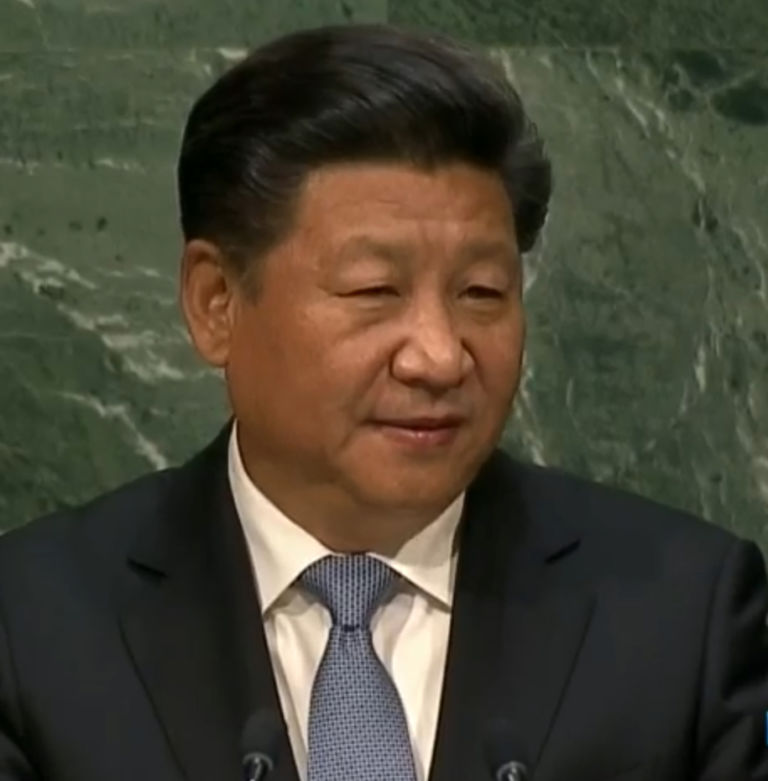Daniel Twinning and Michael Cole write for National Review Online about the impact of U.S. House Speaker Nancy Pelosi’s visit to Taiwan.
Her visit sent a clear signal to the world’s democracies — and to its authoritarians — that freedom-loving countries stand together and will not be deterred.
But there is a lot of work to do.
As autocracies such as the People’s Republic of China (PRC) intensify their offensive against the free world, democracies have often struggled to effectively counter this persistent threat to our values and institutions. Should we concentrate on bolstering democratic resilience at home, or should we confront Beijing, Moscow, and other autocratic hubs more directly? The world’s leading democracies have yet to reach a consensus. But one thing is clear: Our chances of prevailing in this era-defining ideological contest will largely depend on our ability to achieve unity of purpose within the democratic camp. And we cannot do this if we leave potential partners like Taiwan out in the cold.
In recent years, a growing number of countries have deepened their engagement with Taiwan, whose status as a democratic nation and leader in advanced technologies has increased the appeal of closer relations. From its dominance in the semiconductor industry to medical assistance in times of pandemic, Taiwan has demonstrated its ability and willingness to be a responsible stakeholder. There has also been growing recognition of the value of Taiwan’s experience coping with China’s authoritarian influence.
Despite these developments, many countries — including advanced democracies — remain wary of fully engaging the Taiwanese government, which on some occasions has resulted in Taiwan’s exclusion from international forums. Taiwan has even been kept out of gatherings with exclusively democratic membership, where China couldn’t exercise influence as it does in multilateral organizations like the U.N. …
… [T]he Taiwanese are also determined to defend their way of life and preserve the democracy they built after decades of martial law.


